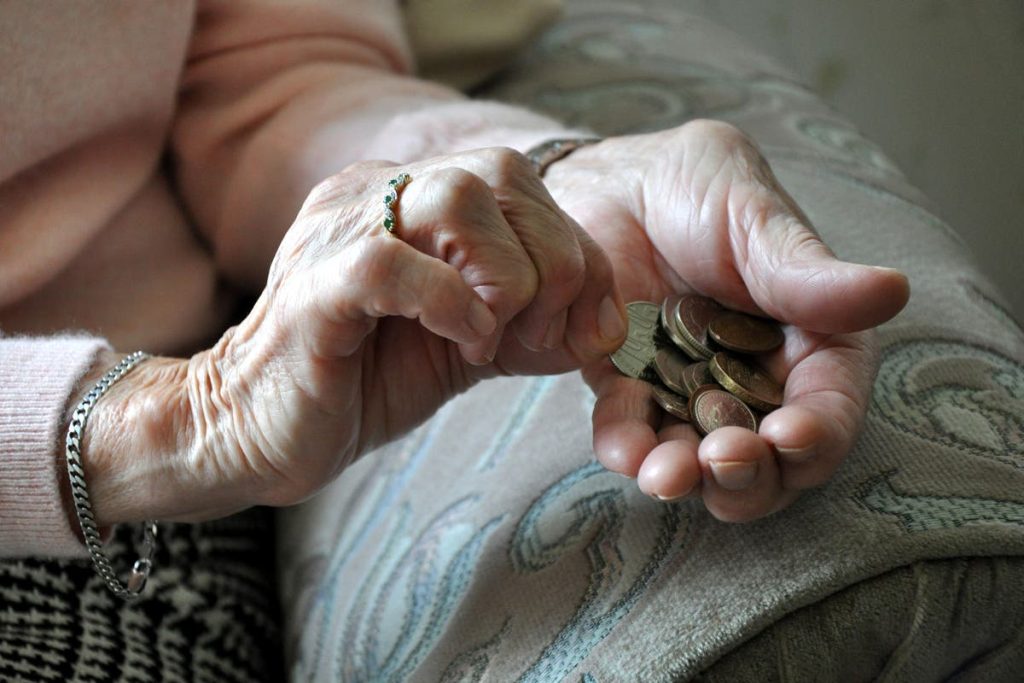Labour reiterated its intention to maintain the state pension triple lock as part of the Labour Party’s manifesto unveiling in June.
Becky O’Connor, director of public affairs at pension provider PensionBee, said: “The state pension is a vital safety net for most retired households and must be preserved at a meaningful level. This is relevant not only for today’s pensioners but also for future generations.
“To preserve the state pension, some form of index-linking is necessary as without decent and reliable rises to the state pension, it will be today’s young workers who suffer most when they reach their 60s and 70s, as personal and workplace pension savings are not currently at a level where they could even come close to replacing state pension benefits.”
In the same month, Chancellor Rachel Reeves declared that pensioners would only be eligible for up to £300 in payments starting this winter if they were receiving pension credit or other means-tested benefits.
Ms Reeves insisted that “this is not a decision I wanted to make” but she also stated that eligibility requirements have to alter, which means that fewer than 10 million pensioners will be able to claim the benefit.
Pension Credit, Universal Credit, Income Support, income-based Jobseeker’s Allowance, and income-related Employment and Support Allowance recipients who are of pension age will remain qualified.
However, Mr Lewis criticised the move, stating that “yet again, those just above the thresholds will be hardest hit”.
The anticipated 10 per cent increase in the cap on energy costs in October could significantly impact bills, potentially leaving them nearly twice as high as before the energy crisis.
But what is the pension triple lock and when does the state pension increase?
What is the pension triple lock?
First introduced by the Conservative and Liberal Democrat coalition government in 2010, the pension triple lock is a Government guarantee that state pensions grow each year in line with whichever is highest out of earnings, inflation – as measured by the Consumer Prices Index (CPI) – or 2.5 per cent.
This means pensions rising in line with the inflation rate in April next year.
In its 2019 election manifesto, the Conservative Party said it would keep the triple lock in place for the duration of this Parliament.
When does state pension increase?
Every tax year, on the first Monday on or after April 6, the state pension is increased based on the criteria given above.
How does the state pension triple lock affect me?
The triple lock is protected for the remainder of this Parliament, which ends in 2024. The Chancellor, Jeremy Hunt, previously confirmed the triple lock will be kept in place, meaning pensioners will also get a rise in the state pension and the pension credit in line with inflation.
The triple lock guarantee was initially introduced to ensure pensioners did not see increases in their state pension being overtaken by the rising cost of living.
Both the Conservative Party and Labour had confirmed in March that they would be including an extension to it in their general election manifestos.
How much is the current state pension?
The full rate of new state pension will be £203.85 a week. The amount could be different depending on: if people were contracted out before 2016; The number of national insurance qualifying years they have; and if they paid into the additional state pension before 2016.

